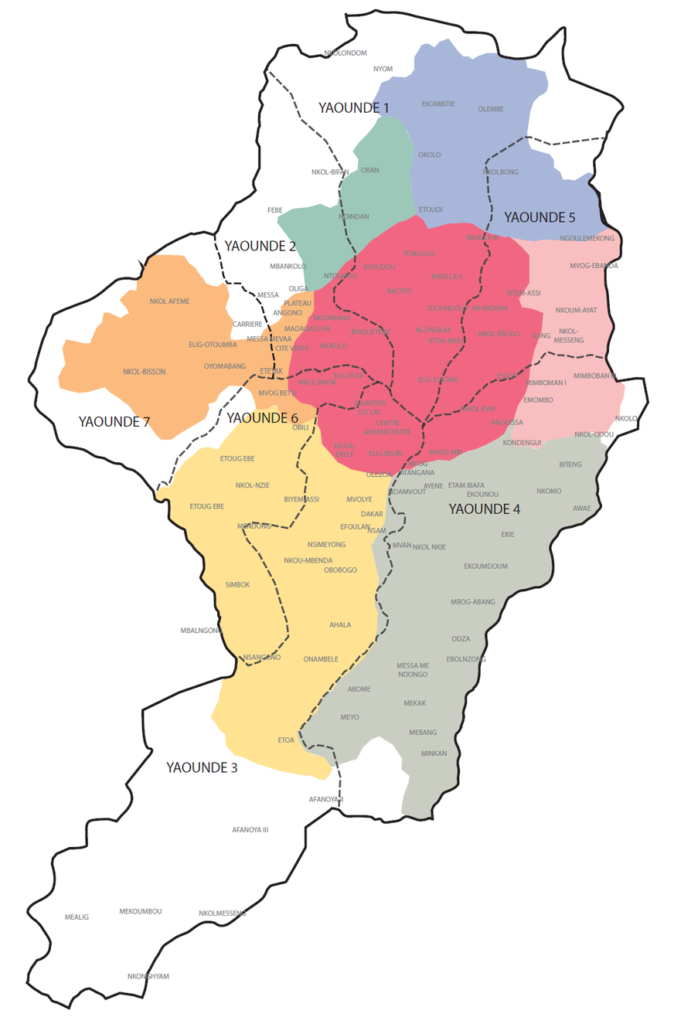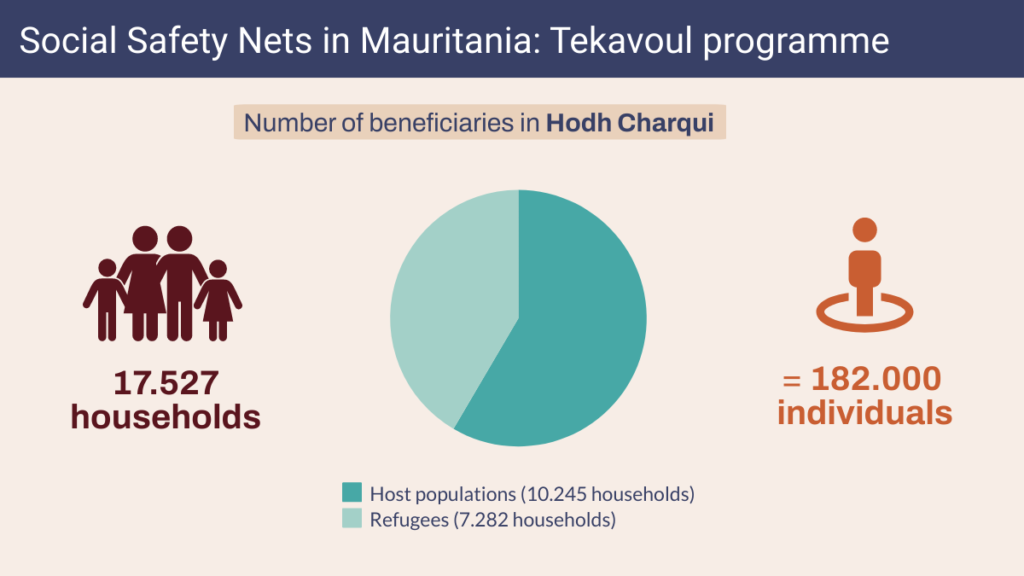Léa Lucienne – Benissan Barrigah – edited by PACT
Two days prior to COP28, PACT followed the online conference “Climate Change and Inequality, an Inseparable Duo” held on Tuesday, November 28, 2023, by the AFD group.
This conference delved into the challenge of reconciling the reduction of inequalities and the fight against climate change. PACT monitored the conference to examine Oxfam’s new report on climate inequalities and its recommendations.
- 2021 Inequality Data
The figures from 2021 highlight that the top 10% held 52% of global income and 76% of wealth, while the bottom 50% received only 8% of global income and 2% of wealth.
Cécile Duflot and Rémy Rioux emphasized the impact of climate change on exacerbating inequalities and poverty. Oxfam’s report was presented, followed by a panel of experts sharing their experiences and discussing potential strategies to address these climate inequalities. Produced and experienced by a tiny minority, climate consequences disproportionately affect the most vulnerable populations, creating a double injustice.
Rémi Rioux, CEO of AFD, emphasizes the agency’s commitment to combating climate change, highlighting the social link and the need to reconcile climate goals with the reduction of inequalities (focused on prioritizing multidimensional inequality reduction, improving well-being, promoting socio-economic integration, and developing participatory governance modes).
Cécile Duflot, Director General of Oxfam France, insists on the responsibility of Northern countries and the wealthiest in greenhouse gas emissions, stressing the urgency of a just and equitable approach to combat climate change. The focus is on the need to rethink development policies in light of this dual climate and social imperative.
- Inequalities and Climate Change
In a compelling speech, Alexandre Poidatz, Head of Climate and Inequality Campaigns at Oxfam, highlighted the close ties between inequalities and climate change. Shedding light on the disproportionate impact of greenhouse gas emissions, he emphasized that the top 1% emits as much as two-thirds of humanity, thereby reinforcing the intrinsic connection between wealth and pollution. Oxfam’s report, titled “Climate Equality, a Planet for the 99%”, advocates for immediate action on three fronts.
- Firstly, a significant reduction in inequalities through fiscal measures, such as an “anti-carbon tax” targeting the financial assets of the ultra-rich.
- Secondly, a swift and equitable transition to renewable energy, particularly by ending subsidies for fossil fuels.
- Finally, prioritizing well-being beyond GDP, with ecological planning that includes sustainable alternatives and strict regulation of multinational corporations. Poidatz also underscores the importance of global solidarity to address the financial needs of Southern countries. While the polluter-pays principle seems like a solution to generate significant resources, Cécile Duflot emphasized the need not only to make polluters pay but also to compel them to stop polluting. This requires bold public policy measures, including fiscal reforms, stringent regulations, and investments in sustainable alternatives.

- Yaoundé VI Transition Project
Yaoundé VI, one of the seven districts in the capital of Cameroon led by Mayor Jacques Yoki Onana, aims to address major hygiene-related issues, particularly access to water. The establishment of a municipal water and energy agency seeks to grant the population access to these essential elements.
Another focus of the project is waste management. Local officials highlight the challenges the district faces due to poverty, lack of basic infrastructure such as roads, and difficulties in accessing water and electricity.
The envisioned transition is based on the commitment to place humans at the center of all actions, where collaboration between the population and authorities is crucial. The question of the population’s commitment to the transition is addressed, emphasizing the importance of being rooted in the territory’s history, systematically involving citizens, promoting cooperation among local actors, and developing a systemic approach.
Local officials from Yaoundé VI emphasize the involvement of the population through developmentcommittees in each neighborhood and the essential role of civil society. They discuss tangible results, such as waste pre-collection by residents, highlighting the empowerment of communities. The deputy mayor emphasizes the importance of cooperation with civil society to address challenges related to waste management and improve living conditions.
- Tekavoul Program in Mauritania: Social Aid and Climate Resilience

During the conference, the Tekavoul program in Mauritania was highlighted. This initiative, supported by the World Bank, the British Cooperation, AFD, and implemented by the Mauritanian Agency Tadamoun, aims to strengthen the resilience of vulnerable populations to climate risks in the context of the Sahel Alliance.
Tekavoul, launched in 2013, seeks to provide financial support to the poorest families for five years (with over 100,000 beneficiary households by the end of 2020).
This financial assistance enables households to access education, healthcare, and adequate nutrition, even in times of drought. The goal is to prevent the dropping out of children from school and to protect vulnerable families from income loss by preserving their assets and production tools.
It constitutes a significant contribution to financial security, helping to cope with climate uncertainties while maintaining a decent standard of living. This approach thus contributes to strengthening the resilience of local communities facing the growing challenges associated with climate change.
- Holistic Assessment
Speakers emphasized an innovative approach to ecological transition, focusing on cooperation, empowerment, and challenging dominant narratives. They underscored the importance of starting with petitionsand transitioning to a systemic approach, promoting cooperation by transforming conflicts into opportunities.
The systemic approach, starting locally and expanding perspectives, is presented as an effective way to address challenges. They discussed the need for a holistic evaluation (stemming from the matrix of relationships), going beyond numbers to consider solidarity, the value of cooperation, and social transformations.
- Agricultural Activities Management: Meteorological Forecasts Tailored to Local Realities
The preceding concrete examples highlight the constant challenges faced by farmers in certain regions due to inadequate meteorological models and the need for local solutions to overcome these issues. This raised questions about the necessity of creating models adapted to the specific microclimates of these regions to combat discrimination in the distribution of weather forecasts.
As adapted models, we can mention the Swedish company Ignitia, engaged in creating local meteorological models in partnership with telecommunications operators, emphasizing the accessibility and affordability of these services. (For your information, Ignitia has developed the world’s first highly accurate tropical forecast model (using remote sensing, AI, and algorithms), with an accuracy rate of 84%, surpassing the 39% of global models.) Andrew Lala, its CEO, highlighted the importance of partnerships with local stakeholders, such as telecommunications operators and farmer associations, to build trust among farmers and adapt services to their specific needs.
- Conclusion
The AFD conference, “Climate Change and Inequalities, the Indissociable Duo,” held by the AFD group, raises challenges in promoting social justice and combating climate change. The intentionality of interventions, the fragmented regulatory environment, competitive pricing, and inconsistent segmentation of farmers are identified as major obstacles. The importance of partnerships between the private sector, public sector, and NGOs is emphasized to address these issues more effectively.
The 2021 data revealed a glaring disparity between segments of the global population and highlights the imperative to align goals in combating climate change and reducing inequalities. Innovative initiatives like the Yaoundé VI transition project in Cameroon and the Tekavoul program in Mauritania exist. These examples underscore the importance of inclusive collaboration to build a resilient and equitable future on the African continent.
References
- Rodembourg, N. (2023, 13 octobre). Social protection in Mauritania : Breaking the chain of intergenerational poverty. Alliance Sahel. https://www.alliance-sahel.org/en/actualites/social-safety-nets-mauritania-tekavoul/
- Histoire de la communauté urbaine de Yaoundé. (s. d.). Osidimbea La Mémoire du Cameroun. Encyclopédie, Annuaire. Actualité, Histoire des organisations. https://www.osidimbea.cm/collectivites/centre/yaounde-communaut%C3%A9-urbaine/
- Contributeurs aux projets Wikimedia. (2023, 12 septembre). Yaoundé VI. https://fr.wikipedia.org/wiki/Yaound%C3%A9_VI
- AFD – Agence française de développement. (2023, 8 décembre). Changement climatique et inégalités, le duo indissociable [Vidéo]. YouTube. https://www.youtube.com/watch?v=ekhmuH69Xzc
- ignitia. (2023, 19 avril). Home – Ignitia. https://ignitia.se/en/